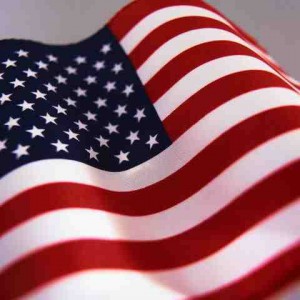 States looking to regulate online poker need to “glean as much regulatory expertise” as it is humanly possible if they are to succeed according to a panel at National Council of Legislators from Gaming States’ (NCLGS) first Winter meeting at the Rio in Sin City. The Las Vegas Sun reports the final session of 2013’s first get-together heard panelists explain that states must “stay ahead of the technology curve” and “be prepared for a lot of disagreement” in pursuit of intrastate gaming regulations.
States looking to regulate online poker need to “glean as much regulatory expertise” as it is humanly possible if they are to succeed according to a panel at National Council of Legislators from Gaming States’ (NCLGS) first Winter meeting at the Rio in Sin City. The Las Vegas Sun reports the final session of 2013’s first get-together heard panelists explain that states must “stay ahead of the technology curve” and “be prepared for a lot of disagreement” in pursuit of intrastate gaming regulations.
The gathering was attended by 100 lawmakers and regulators from a total of 21 U.S. states, one Canadian province and Washington D.C.. Sunday’s final session included a panel made up of Tony Cabot of the Lewis & Roca law firm, Toni Cowan of the Catania & Ehrlich law firm, Kimberly Arnold of Innovation Group, Mark Hichar a lawyer at Hinckley, Allen & Snyder, and Michael Fagan of St Louis’ Center for Advanced Prosecution.
All three brought their own brand of…erm…opinion to the table and as such it made for a balanced discussion. Cabot controversially stated that New Jersey, where iGaming legislation has recently been passed, will need longer than three months to regulate, and “they’re kidding themselves” if they think they can do it sooner. Instead the lawyer recommends a period of one year much like Nevada has done.
Technological discussions were led by Cowan, who was glowing in her praise of “progressive states like Nevada and New Jersey” with legislation that changes as soon as new technology comes out – something the federal government hasn’t done. The Indian Gaming Regulatory Act was another to face Cowan’s harsh words as it “treats gambling and games as if they’ve been frozen in time”.
Fagan was the one pessimist in attendance after he pointed to polls showing “an overwhelming majority” of Americans opposing all forms of Internet gaming. He added “if Congress legalizes Internet casinos, it would put the federal government into the gambling business for the first time in modern American history”. If, as expected, the states do it by themselves it eliminates this threat and states can regulate as and when they want to.
The NCLGS is famous for being one that opposed the legislation proposed by Harry Reid and Jon Kyl that recently fell by the wayside. In November they issued a Resolution on Proposed Federal Internet Gaming Legislation (read it here), which stated their support for “proper regulation of internet gaming” whilst maintaining that “decisions relating to Internet gaming should be made by the citizens of the states and their elected officials.”
Internet gambling legislation is quite justly right at the top of many state plans in 2013 and don’t be surprised if Nevada and New Jersey kick off a trend that sees states regulating in large numbers.
